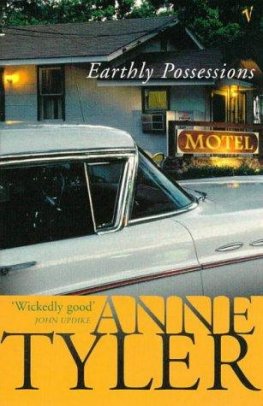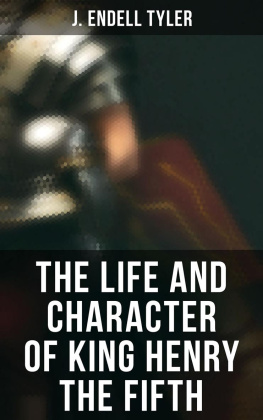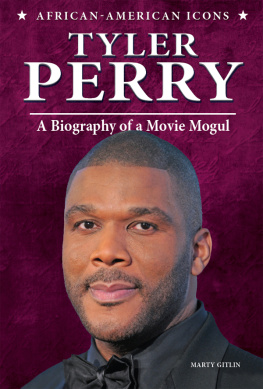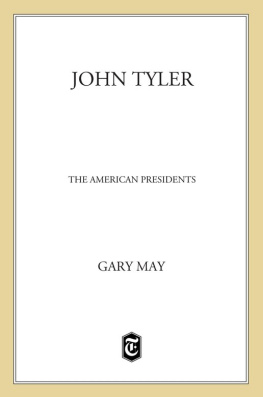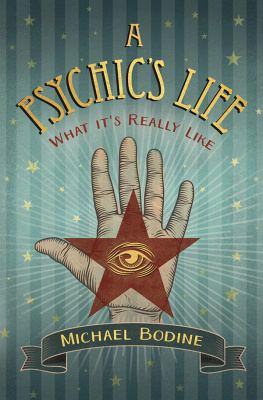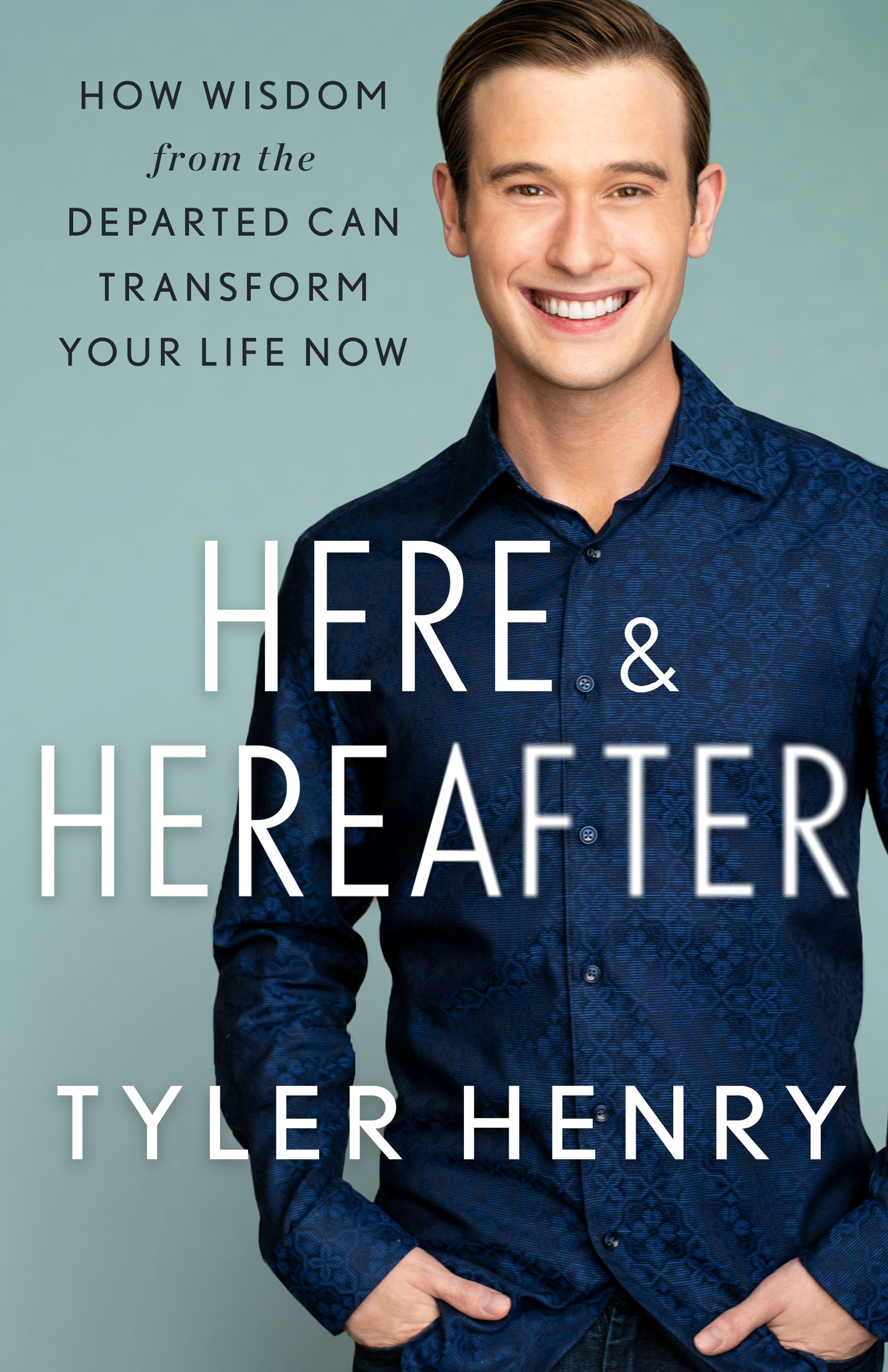Contents
Guide
Pagebreaks of the print version
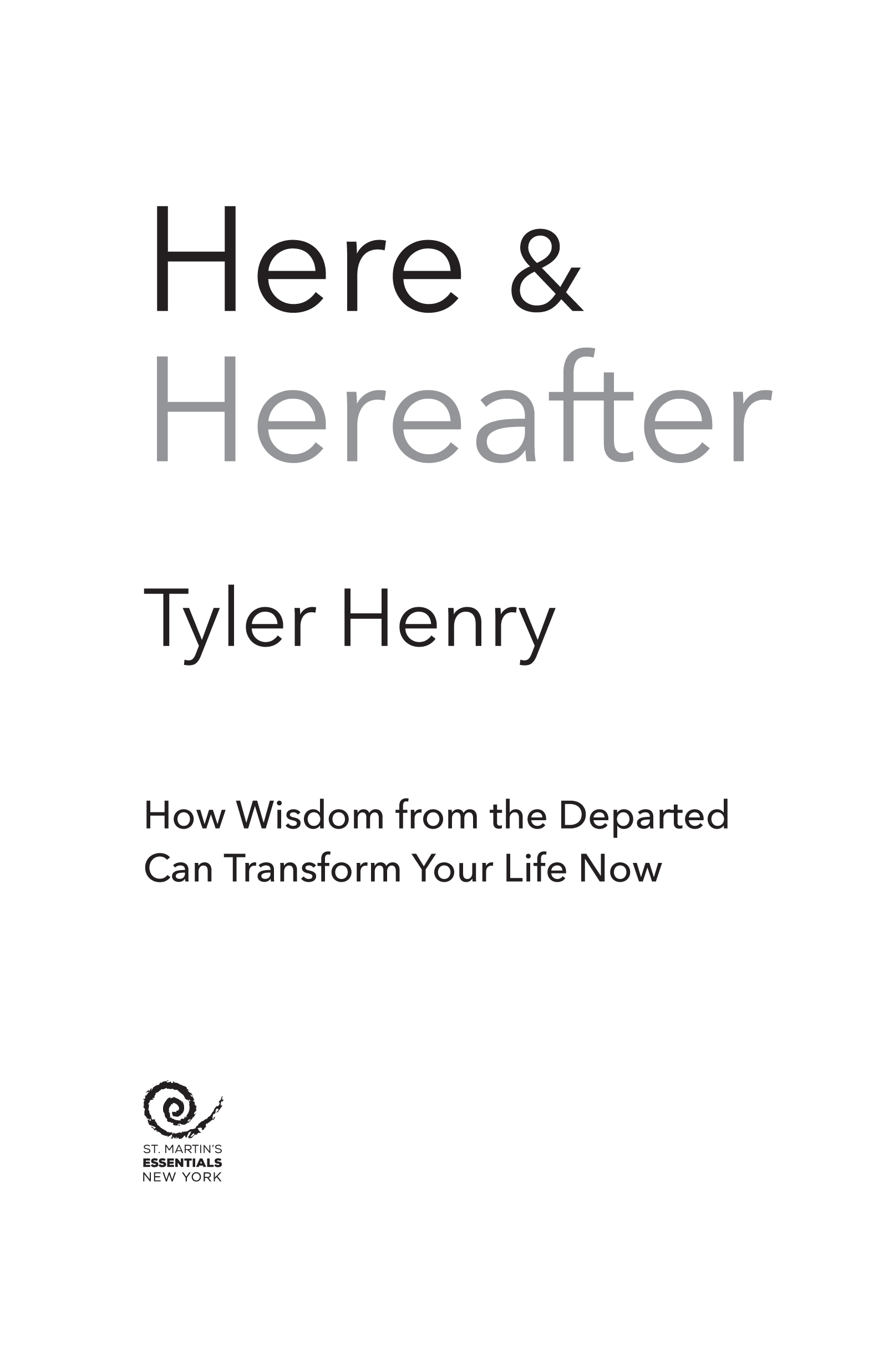
The author and publisher have provided this e-book to you for your personal use only. You may not make this e-book publicly available in any way. Copyright infringement is against the law. If you believe the copy of this e-book you are reading infringes on the authors copyright, please notify the publisher at: us.macmillanusa.com/piracy.
Scribbling is a helpful tool during readings. It allows me to have a mechanism of switching on and off. The repetitive aspect of scribbling allows me to get into a meditative mindset and block out distractions. The end results often look a little surprising, but the importance of scribbling is more about the act of mindful repetition than the scribbles themselves.
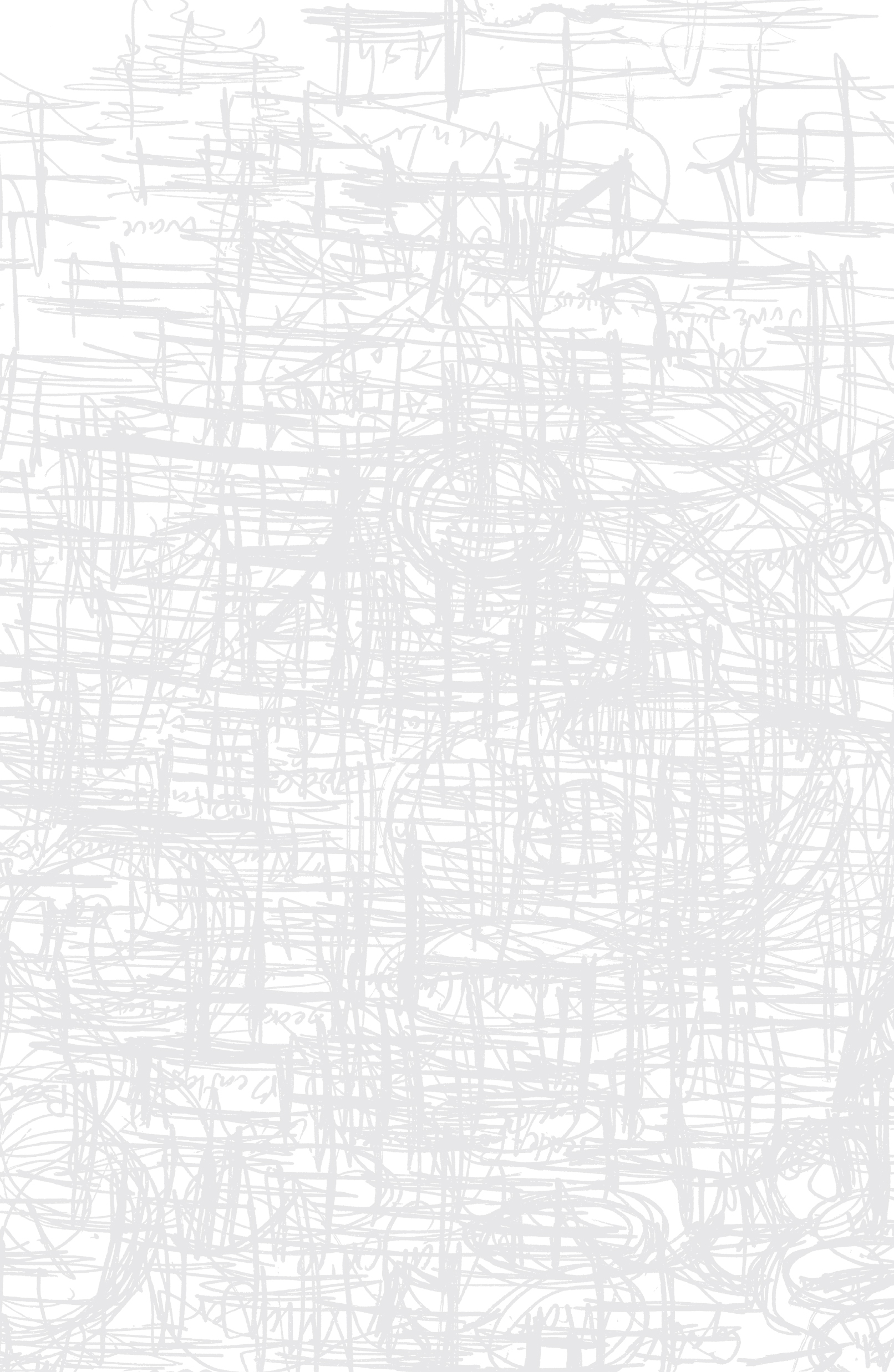
What the Departed Would Do Differently
After I had a premonition of my grandmothers death when I was ten years old, the trajectory of my life changed forever. That was fourteen years ago, and the extraordinary connections Ive since witnessed in readings have transformed my understanding of the universe and our role in it. Along with my own near-death experiences, Ive seen firsthand the power of divine intervention in peoples lives through direct signs and profound coincidences. That, along with the sentiments expressed by those whove lived and died, have drastically altered how I view life, death, and the meaning of it all.
Death, like birth, is an inevitable part of living. What we do with the time we have defines the quality of our lives and the extent of which we learn gracefully along the way. By sharing with you what Ive learned from the afterlife experience, youll find valuable tools to lead a better, more meaningful life. Despite our individual differences, all souls share commonalities. The lessons learned after death reflect our universal similarities. In the words of Ram Dass, Were all just walking each other home.
While stubbornness, ego, ignorance, and imbalance have plagued humankind from mans beginning, it is not the true nature of our souls. This dichotomy between our human-selves and soul-selves is our responsibility to recognize and integrate. As the saying goes, You are not a physical being having a spiritual experience; youre a spiritual being having a physical experience. All is temporary; the only guarantee is change. So how can we better navigate the inevitabilities of life?
What the departed learn in the hereafter gives us insight into the meaning of life itself. Even more pragmatically, afterlife lessons help us have a more well-rounded, meaningful view of life and death. On my own path, Ive been amazed by the extremely valuable life-tools that can be found in the knowledge of what the departed would do differently.
What Ive learned as a medium has shown me the importance of faith. Not only does doing a successful reading require faith in myself; I must equally have faith in a realm I do not control and rely upon entirely to do my job. Through this process of internal and external faith, Ive developed a trust in a higher source of information called intuition.
Living intuitively is a must for a medium, but we all have that little voice in the back of our heads that chimes in occasionally. If only we listened to it more! If we did, wed live more efficiently, never distracted by what isnt worth our time. By knowing when to recognize opportunity, we can seize it. In this way, intuition is a powerful tool in discerning what is worth our focus and what is not. Intuition can show us paths we didnt see before and pave new ones through everything it offers us.
In seeing the process of growth reported by those whove passed away, Ive noticed certain afterlife processes appear universal. No matter who you are, we all are subject to the same mechanisms of the universe. These processes directly alter our consciousness in death, giving us insight into how we lived and how we helped. These understandings acquired by those on the other side give hints as to how we can live to our fullest potential. By recognizing the perspective of the afterlife, we can shift our perspective in this one.
All understandings acquired from the other side seem to come from a process I call a life review, which ultimately leads to ego death. Much like how when a baby is born it must pass through the birth canal and the umbilical cord must be cut, our souls go through a detachment process upon entering the next realm. Through this series of events, we shed our human problems, our greatest traumas, and all of our existential baggagebut only by facing it all. Through our life review, we see how our single consciousness influenced everybody it ever crossed paths with and how our individual presence influenced the collective one. As we go through this process of self-realization, our consciousness views ourselves less as an individual, and more as a part of a greater, collective consciousness that everyone is a part of. With every interaction that gets integrated, the ego strips another layer. We realize that were all different fingers on the same hand; were all extensions of the same source.
Within this understanding comes acceptance. As we face how our actions helped or hurt othersand in turn ourselveswe come to terms with every issue, every roadblock, every heartbreak, and every thing that has ever crossed our path. This is the definition of true peace. I dont define heaven as a clouded place with harp-playing babies; I view it as a state that our consciousness inevitably enters and grows into. We ultimately become aware of our part of the vast network of consciousness that permeates the universe. This enlightenment makes our human problems look minor by comparison, but without human problems, this enlightenment wouldnt be possible.
I see great similarities between the state we achieve when we die and what many religions try to achieve while here on Earth. Through religion, spirituality, and mysticism, the world communicates with a higher power that mankind has always instinctively perceived as there. In the quest to reach this state, our history is steeped in ritual and practice, as we do certain things with the goal of getting more in alignment with the source. Carl Jung refers to this process of integrating the conscious and unconscious as individuation. Buddha referred to it as enlightenment. Whatever you choose to call it, theres always been an understanding that by going inward, we can resolve what we face outwardly.
I dont think its realistic to aim for total enlightenment in our lives. It simply isnt practical in Western society. I dont believe we should destroy our ego; we should improve it. As youll see, its a necessary defense structure that gets us through life. Unless youre a Tibetan monk in a faraway temple, Im hesitant to recommend striving for ascendance. Setting the bar a little lower and living in a way that is enlightening versus striving for enlightenment is an important distinction. We are all works in progress, and these lessons are aimed to be as practical as they are profound. In juggling the balance of conscious and unconscious, ego and soul, love and fear, we can find equilibrium in our often unbalanced world.
This book will provide the tools to refine your intuition, recognize your ego, and make your world a little less heavy. As you heal individually, a ripple effect emanates and inspires others to heal as well. Here the journey begins.


